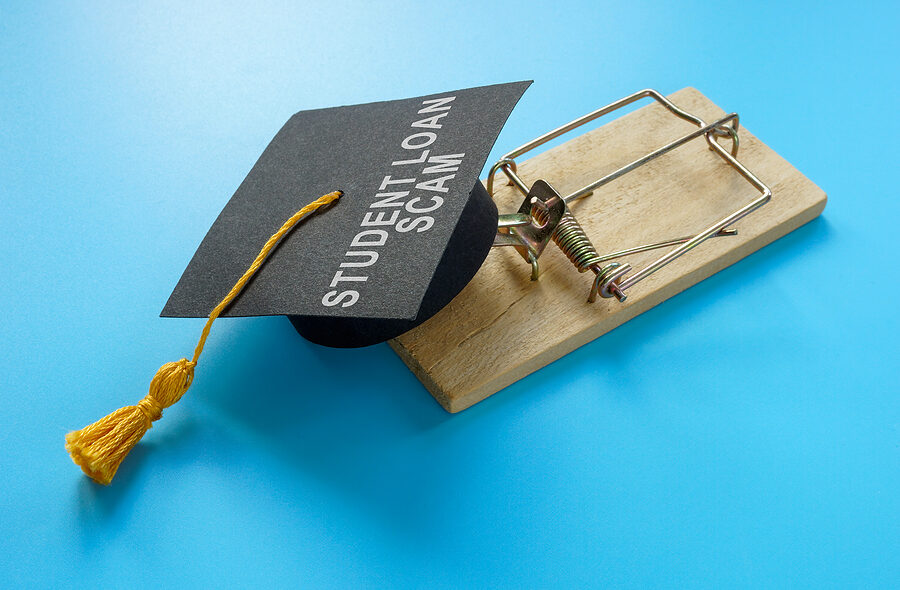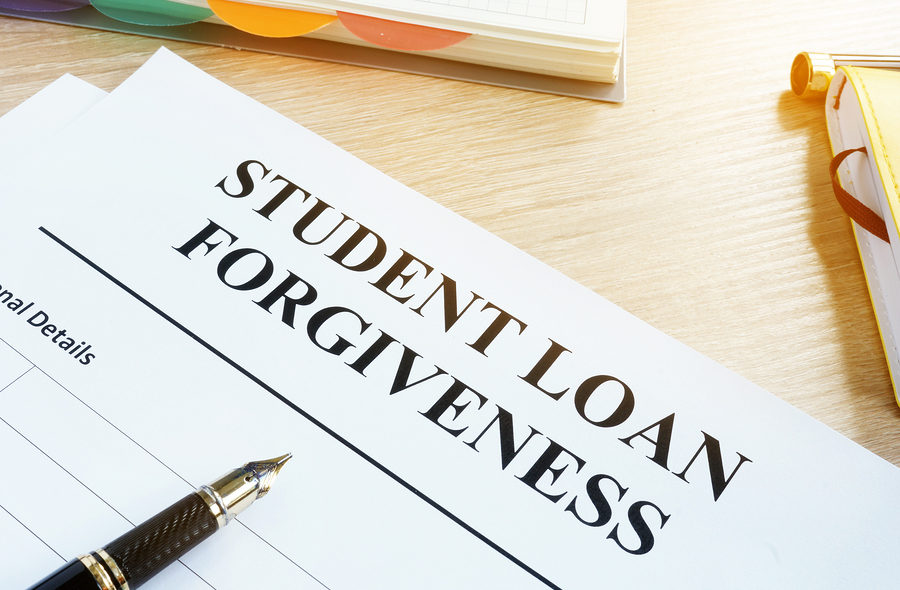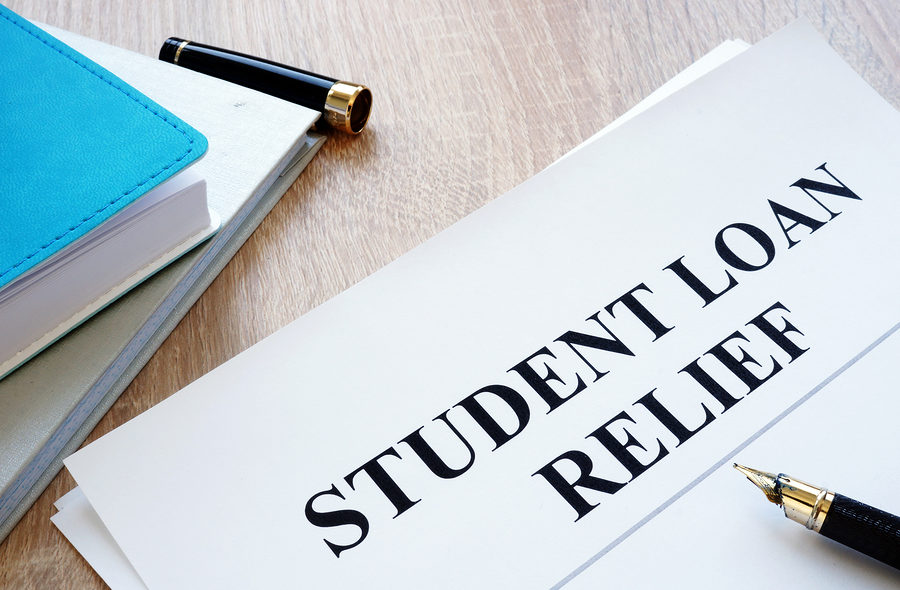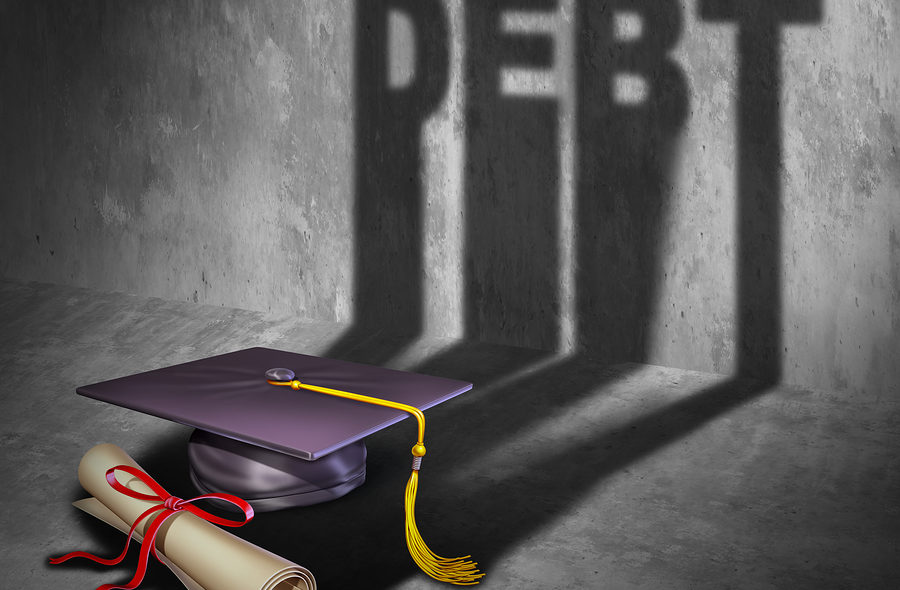Many student loan borrowers seeking relief from their student debt burden prior to payments resuming in 2022 have found themselves on the receiving end of student loan scams. In fact, a number of consumer protection firms across the U.S. have issued warnings regarding the increase of certain student loan debt relief scams. It is important that all consumers are aware of what red flags to look for when being offered financial assistance towards their student loan debt.
Borrowers were given some relief during the COVID-19 pandemic with federal student loan repayments being paused since March 2020, along with federal student loan interest being halted during this time. However, federal student loan payments are scheduled to resume in February 2022, meaning that millions of borrowers will be required to pay on their student loan debt for the first time in over a year. This fact has many borrowers panicking and trying to figure out how to either continue paying on their debt or find relief wherever they can find it.
Student loan relief scams are nothing new. In 2021, the Federal Trade Commission (FTC) issued millions of dollars in refunds to individuals who fell victim to student debt scams. As of 2017, it is estimated that $95 million has been paid to student loan fraud victims. As a result, financial experts predict that even more fraud reports will be coming in 2022.
One of the biggest warning signs borrowers should look for when communicating with an entity claiming to provide debt relief to student loan borrowers is when the person on the other end of the phone requests the caller’s student loan login information or his or her Social Security number. While their request may seem legitimate, providing this information could open the consumer up to having their student loan accounts hacked, also allowing the scammer to create falsified documents with this information and defraud the consumer even further.
The information being requested is often referred to as personal identifiable information or PII, and it can include the consumer’s Social Security number, driver’s license number, banking information, and credit card numbers. Providing this information allows the scammer to hack the consumer’s identity.
Another sign of a scam occurs when the alleged debt relief company requests money up front before providing a service. If a company is requesting the person pay a fee before even beginning the process of negotiating on a debt, this is a major red flag that indicates the company may not be legitimate.
Additionally, if the student loan debt relief company advertises their services on social media or reaches out to the consumer directly through cold calling, this could be another sign of a potential scam. If a consumer speaks with a company who has contacted him or her directly regarding debt relief, it is imperative that he or she does the proper research to ensure that the company is legitimate. A general Internet search of the company on reputable sources should be able to help the person ascertain whether a scam is involved.
Please click here to read more.
For borrowers who are struggling with student loan debt, relief options are available. Many student loan borrowers are unaware that they have rights and repayment options available to them, such as postponement of loan payments, reduction of payments or even a complete discharge of the debt. There are ways to file for bankruptcy with student loan debt. It is important you contact an experienced Miami bankruptcy attorney who can advise you of all your options. As an experienced CPA as well as a proven bankruptcy lawyer, Timothy Kingcade knows how to help clients take full advantage of the bankruptcy laws to protect their assets and get successful results. Since 1996 Kingcade Garcia McMaken has been helping people from all walks of life build a better tomorrow. Our attorneys help thousands of people every year take advantage of their rights under bankruptcy protection to restart, rebuild and recover. The day you hire our firm, we will contact your creditors to stop the harassment. You can also find useful consumer information on the Kingcade Garcia McMaken website at www.miamibankruptcy.com.




